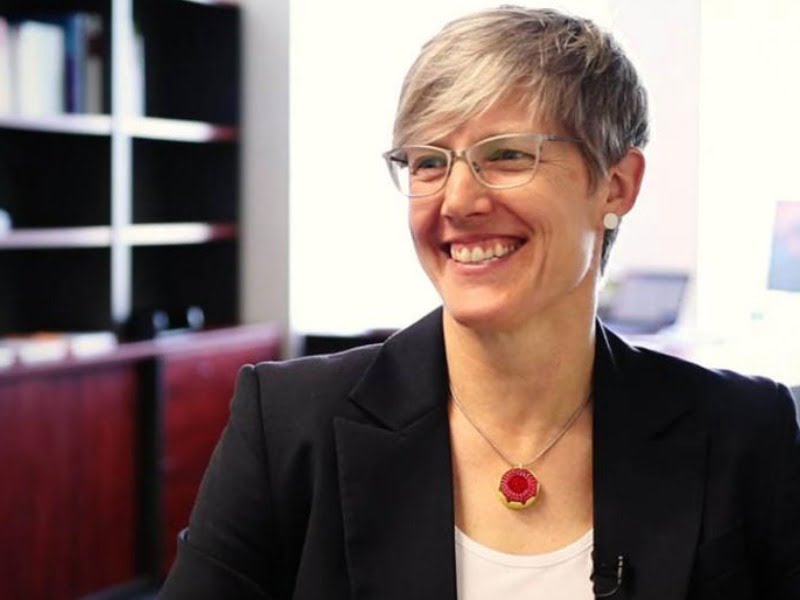An Australian business lobby is pushing for a new government online platform that would match employers with skilled migrants before they arrive in Australia to help alleviate a skills “mismatch” that will slow Australia’s economic recovery.
The Committee for Economic Development of Australia (CEDA) released research based on analysis of Department of Home Affairs and Seek survey data that found 23 per cent of permanent skilled migrants in Australia are working in a job beneath their skill level.
This is a massive hit to productivity. The report estimates the underutilisation cost workers at least $1.25 billion in foregone wages between 2013 and 2018, and will continue to act as a drag on the economy.
The business group said the findings were evidence Australia’s migration system needed “structural” changes, including a way to adapt to new demands for skills as Australia enters its first period of negative net migration since World War II because of COVID-19.

The CEDA report proposes a new online platform that would connect potential migrants with employers and their vacancies before the skilled migrant lands in Australia, among other responses.
Following an “appropriate procurement process” an existing job search provider should operate the online platform, according to the CEDA report.
“Having an established online job search provider operate the platform should reduce initial and ongoing participation costs for employers as they are likely to be familiar with such providers.
“In this way, the process of posting a vacancy seeking foreign workers would be virtually identical to posting one targeting Australian workers.”
The platform would alleviate the current skills mismatch and create “dynamism” in the domestic job market, according to the business group which says the results would justify the setup costs of the platform.
As the proposed platform matured, it would use data and algorithms to “nudge” migrants to apply for relevant jobs and alert employers of new workers with required skill sets joining the platform. A mature platform would also provide a more current data source on skills needs and supply than the government’s current approach, which the group argues suffers from opacity.
To ensure Australian workers are not disadvantaged by cheap overseas labour, CEDA suggests restricting the platform to certain industries and “broad occupation skill levels”.
“But we must be careful not to make the lists too restrictive, to avoid replicating current problems with the system,” the report said.
CEDA chief executive Melinda Cilento said Australia would need more skilled migrants as it emerges from COVID-19 and the access system needs to be “nimble and responsive” to an evolving economy.
“In addition to many migrants working beneath their skill level, the system is slow to respond to rapidly emerging skills needs, such as digital and data.
“This is where we can least afford to lag in the competition for talent. A system that does not enable access to critical skills in a timely fashion means we will be unable to keep up with global competition.”
In addition to the platform, the CEDA report proposes updating the Australian Bureau of Statistics classifications of occupations to bring them in line with modern jobs, more transparency from the government with the data and methods used to determine which occupations are in demand and slashing the waiting period for unemployment support for permanent skilled migrants to give them a better chance at finding appropriate employment.
“We are already hearing consistent concerns from our members about skills shortages while international borders remain closed, and the inability to access the skills needed to drive growth and investment, including digital and data opportunities,” Ms Cilento said.
“The data in our report confirms this.”
Do you know more? Contact James Riley via Email.

